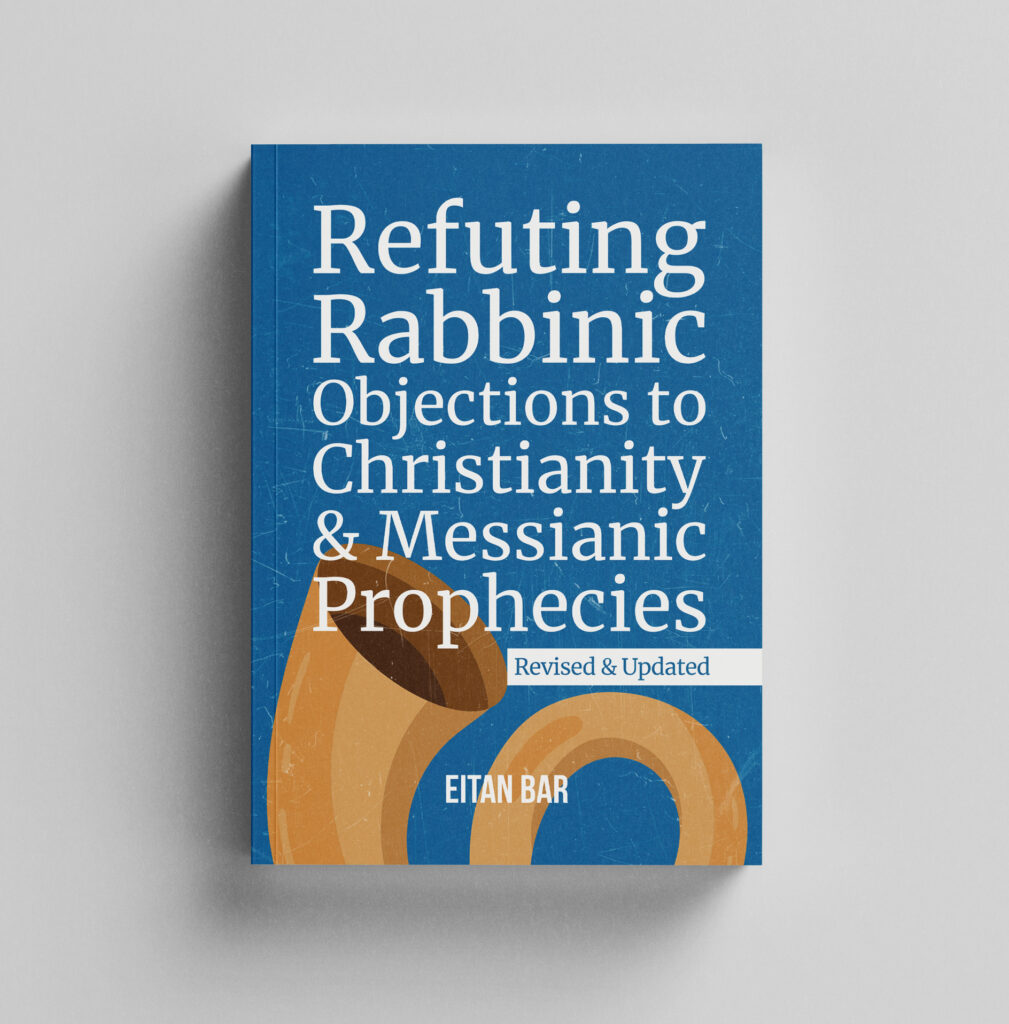Does the New Testament water down the Torah and God’s standards? Does “grace” give people permission to sin? Those charges get repeated a lot, but they rest on a pair of mix-ups: (1) confusing Moses’ Torah with later rabbinic tradition, and (2) assuming that Yeshua relaxed the Law when, in fact, He tightened it — by aiming straight at the heart.
What “Torah” Means in These Debates
When many rabbis say “Torah,” they are not limiting the term to the written commandments given through Moses, but to the large orbit of post-biblical Jewish traditions — the rulings, fences, and customs layered on top of Scripture and later presented as the “Oral Law.” As Chaim Shimmel notes in the introduction to The Oral Law, Jews have historically lived according to rabbinic tradition that claims Sinai authority as an oral counterpart to the written Torah. In other words: the charge that the New Testament “abandons Torah” often really means “doesn’t submit to rabbinic halakhah.”
Does Yeshua Lower the Bar — or Raise It?
Yeshua does not dismiss Moses; He deepens Moses. He insists the problem is not merely what hands do but what hearts love.
On ritual vs. reality: He teaches that moral defilement flows from within — evil thoughts, slander, sexual immorality, theft—rather than from ritual lapses such as eating with unwashed hands (Matthew 15:17–20).
On murder: rage and contempt already violate the command not to murder (Matthew 5:21–22).
On retaliation: the “eye for an eye” principle was given to limit vengeance, not license it; Yeshua forbids personal payback and calls His followers to absorb wrongs and do surprising good (Matthew 5:38–42).
On love’s scope: “You shall love your neighbor” never meant you can hate your enemy. Yeshua explicitly commands love of enemies and prayer for persecutors because the Father sends sun and rain on the righteous and the wicked alike (Matthew 5:43–48).
None of that is “easier.” It is harder — and holier. It moves obedience from performing to becoming, from behavior management to a transformed inner life.
Ceremonies Without Mercy Miss God’s Heart
Hebrew Scripture is emphatic: God is not impressed by punctilious ceremonies divorced from justice and compassion. “Your new moons and appointed feasts my soul hates,” says Isaiah, when the people’s hands are stained with violence (Isaiah 1). Yeshua stands squarely in that prophetic stream. A head covering, a leather strap, a scruple about tearing paper on Sabbath — none of those, by themselves, reconcile us to God or teach us to love our neighbor. God wants mercy, integrity, generosity, peacemaking—the “weightier matters of the Law.”
Grace Is Not Permission to Sin
Paul anticipates the common caricature: “If grace abounds where sin increases, should we sin more?” His answer is unequivocal: absolutely not. Those united to the Messiah’s death and resurrection have died to sin and now live to God. Grace does not relax God’s claim on us; grace re-creates us so we can finally begin to fulfill it. Present your bodies to God “as instruments for righteousness,” Paul says; “sin will have no dominion over you” (Romans 5:20–6:15, summarized).
A Higher Standard — and a New Heart
So how do ordinary people live the extraordinary ethics Yeshua commands? Not by white-knuckle effort, and not by the pressure of social shame, but by a new covenant work of God. The prophets promised a day when God would write His Torah on hearts, not just on stone (Jeremiah 31). That is exactly what the Messiah brings. The same Yeshua who raises the moral bar also pours out mercy, heals, forgives, and fills His people with the Spirit so that love becomes the animating motive rather than fear.
“New Covenant” Does Not Mean “No Covenant”
The Sinai covenant exposed sin and fenced Israel from idolatry; the new covenant accomplishes what the old covenant foreshadowed: forgiveness, inner renewal, and universal access to God. That is not a demotion of Moses; it is Moses’ own hope realized. In fact, even within rabbinic literature there is the expectation that the days of Messiah will bring a new Torah — not a repeal of God’s holiness, but its deeper unveiling and interiorization.
Jesus and Moses Are Not Opponents
The charge that believers in Jesus reject Moses is a false dilemma. Jesus reveres Moses and the prophets and stands in their line. He confronts not Moses but any human tradition that obscures God’s intent. When He fulfills the Torah, He does not lower its moral weight; He brings it to its goal. He does not crown a “new people” in place of Israel; He crowns Israel’s Messiah and, through Him, gathers the nations that Israel was always called to bless.
Fear can coerce behavior. Pride can imitate virtue. But Yeshua insists the only motive that fulfills the Law is love: love of God that overflows in patient, generous, sacrificial love of neighbor — friend or foe. That is why He Himself lays down His life: to display the true shape of divine love and to create, in us, the capacity to walk in it.
So…Is the New Testament “Bad for Jews”?
No. It is good news for Israel and for the nations precisely because it refuses to flatter us with lower expectations. It exposes the poverty of mere performative religion and then offers power to become truly human — truth-telling, faithful, generous, reconciled, merciful. Yeshua does not belittle Moses; He fulfills what Moses and the prophets longed for: a people whose obedience springs from new hearts.
Conclusion
The New Testament does not cancel the Law; it completes it in the Messiah. It does not license sin; it liberates from sin’s dominion. It does not make life easier; it makes life truer—and far more demanding—because it calls for nothing less than holy love.
Walk that path and find what Yeshua promised: not laxity, but life.
If you found this article thought-provoking, you’ll find much more in my best-selling book, Refuting Rabbinic Objections to Christianity & Messianic Prophecies:



